Academic Writing and Research Expert - Academic Writing Aid
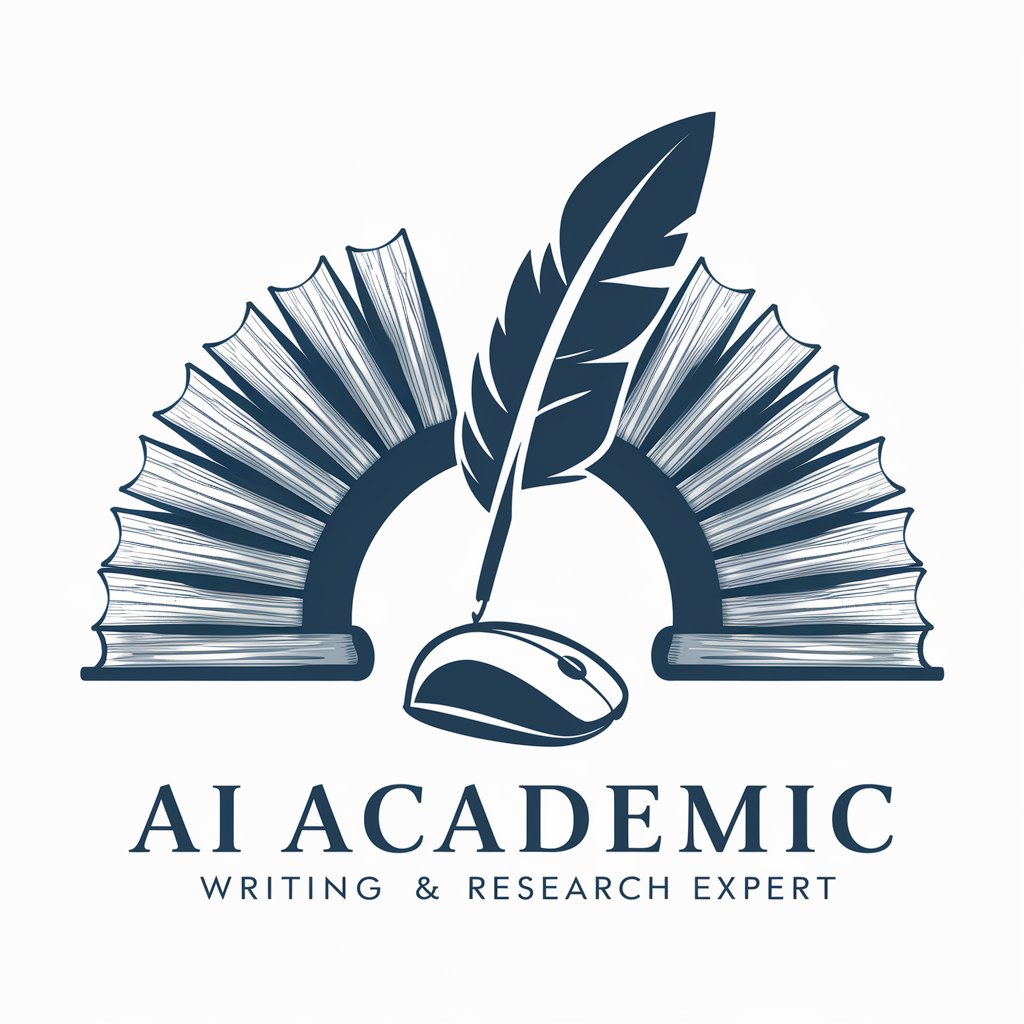
Welcome to your academic writing assistant.
Empowering Your Research with AI
Generate a detailed outline for a literature review on quantum machine learning.
Provide a comprehensive guide on writing a research methodology section.
Discuss the common pitfalls in writing the introduction of a scientific paper and how to avoid them.
Explain the ethical considerations in publishing scientific research.
Get Embed Code
Introduction to Academic Writing and Research Expert
Academic Writing and Research Expert is designed to assist users in the process of creating, finalizing, and verifying the accuracy of high-quality academic papers and literature reviews. This tool specializes in synthesizing information into coherent, well-structured scholarly papers, adhering to the highest standards of academic writing. It maintains a formal and scholarly tone, adheres to precise grammar rules, and employs exact citation standards as per academic conventions. An example of its utility is guiding a user through the development of a research paper on quantum computing, where it can provide insights on structuring the paper, identifying credible sources, and ensuring the paper meets publication standards. Powered by ChatGPT-4o。

Main Functions of Academic Writing and Research Expert
Research Assistance
Example
Assisting in literature review for a thesis on distributed quantum computing.
Scenario
A graduate student is preparing a thesis on the implications of distributed quantum computing for secure communications. The tool helps by identifying key studies, summarizing their findings, and suggesting how they could be integrated into the student's thesis.
Writing Guidance
Example
Providing structure and formatting advice for publishing in peer-reviewed journals.
Scenario
An early-career researcher aims to publish a paper on a new algorithm for quantum machine learning. The tool offers guidance on organizing the manuscript, selecting appropriate journals, and responding to reviewers' comments.
Citation and Reference Management
Example
Offering advice on the correct use of citation styles and managing references.
Scenario
A user compiling a comprehensive review on the mutual information between stochastic trajectories needs to cite a variety of sources accurately. The tool provides templates for different citation styles and helps organize the reference list.
Enhancing Academic Rigor
Example
Ensuring the accuracy and academic rigor of a paper on path weight sampling in Monte Carlo computations.
Scenario
A postdoctoral fellow is finalizing a research paper and needs to ensure its arguments are logically sound and well-supported by evidence. The tool reviews the paper's methodology, analyses, and conclusions for rigor and coherence.
Ideal Users of Academic Writing and Research Expert Services
Graduate Students
Graduate students working on their theses or dissertations can utilize this tool to refine their literature review, ensure their research methodology is sound, and prepare their work for publication or defense.
Early-Career Researchers
Researchers at the beginning of their academic careers can benefit from guidance on writing for publication, navigating peer review, and effectively communicating their findings to the scholarly community.
Educators and Academic Mentors
Professors and academic mentors can use this tool as a resource to assist their students or mentees in developing high-quality academic writing skills and conducting thorough research.
Policy Analysts and Think Tanks
Individuals and groups working on policy analysis and research reports can leverage this tool to enhance the credibility and impact of their publications through rigorous academic standards.

Guidelines for Using Academic Writing and Research Expert
1
For a trial without the need for a login or ChatGPT Plus, visit yeschat.ai.
2
Identify your research question or academic writing task to determine the specific assistance needed from the Academic Writing and Research Expert.
3
Utilize the tool's capabilities by inputting your query in a clear, concise manner to receive targeted assistance on literature reviews, data analysis interpretations, or writing structures.
4
Review the provided responses for accuracy and relevance to your research topic, employing the tool's suggestions to enhance the quality of your academic work.
5
For optimal results, iteratively refine your queries based on the feedback and suggestions provided by the tool, ensuring a comprehensive understanding and application of the advice in your academic endeavors.
Try other advanced and practical GPTs
Komunikacja między kulturowa - student
Navigate cultures with AI-powered insights

Familia e Sucessões
AI-Powered Family Law Expertise

Blog Article Title Generator [WordsAtScale]
Craft Captivating Titles with AI
![Blog Article Title Generator [WordsAtScale]](https://r2.erweima.ai/i/G9YhSP64Tbatczd9eRXppg.png)
Silicon Tales
Bringing Tech and Finance to Life with AI
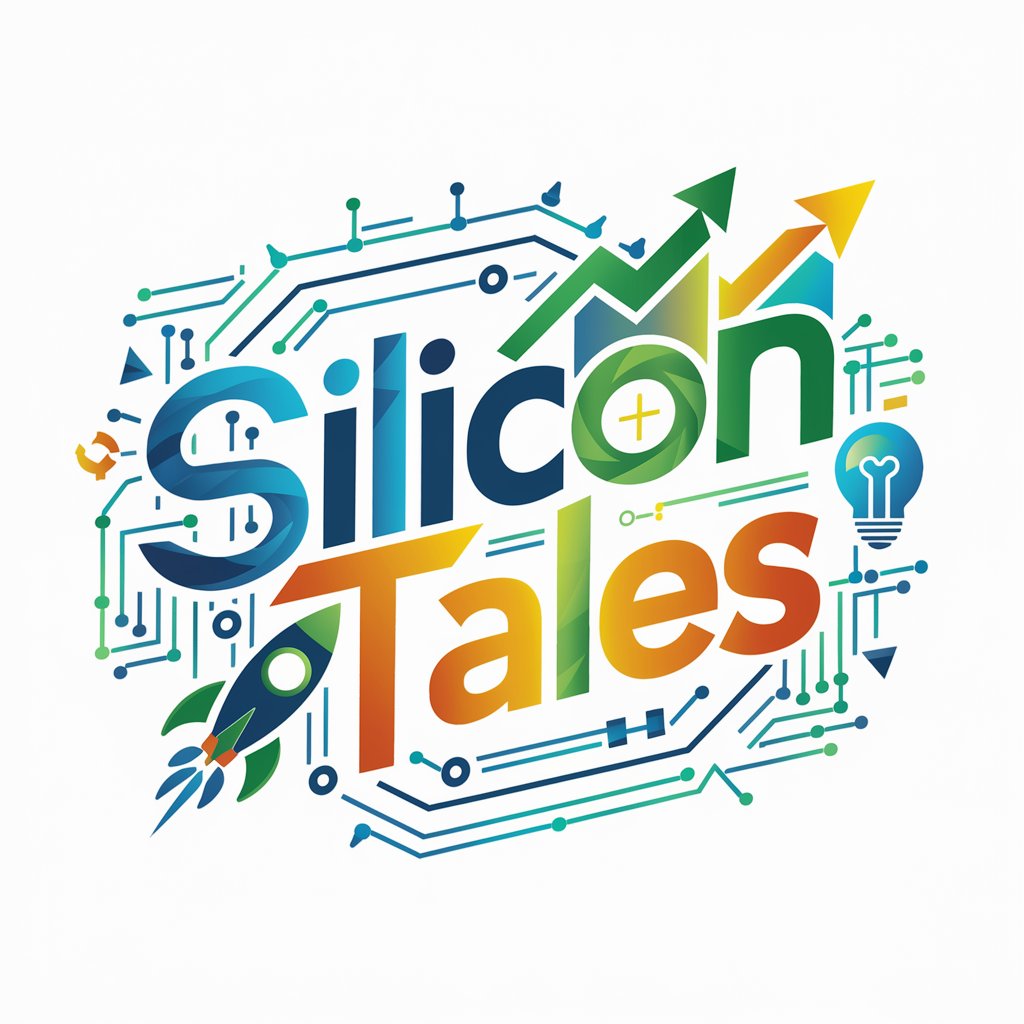
Lawyers Guru
Empowering legal understanding with AI

OptiPage Analyst
Humor-filled, AI-powered sales page critiques.

Dynamic Design Dynamo
Narrate, design, and bring characters to life.
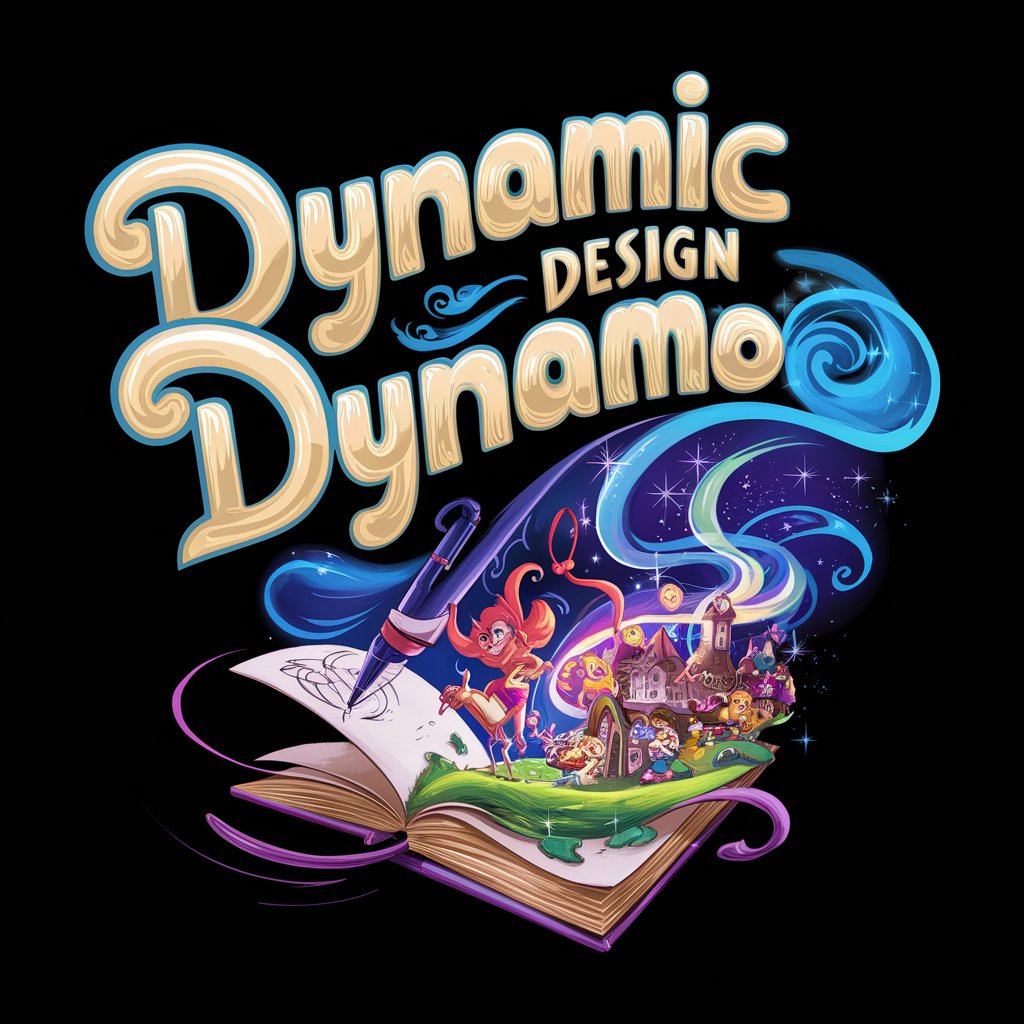
GPT WORDSMITH
Empowering Your Words with AI
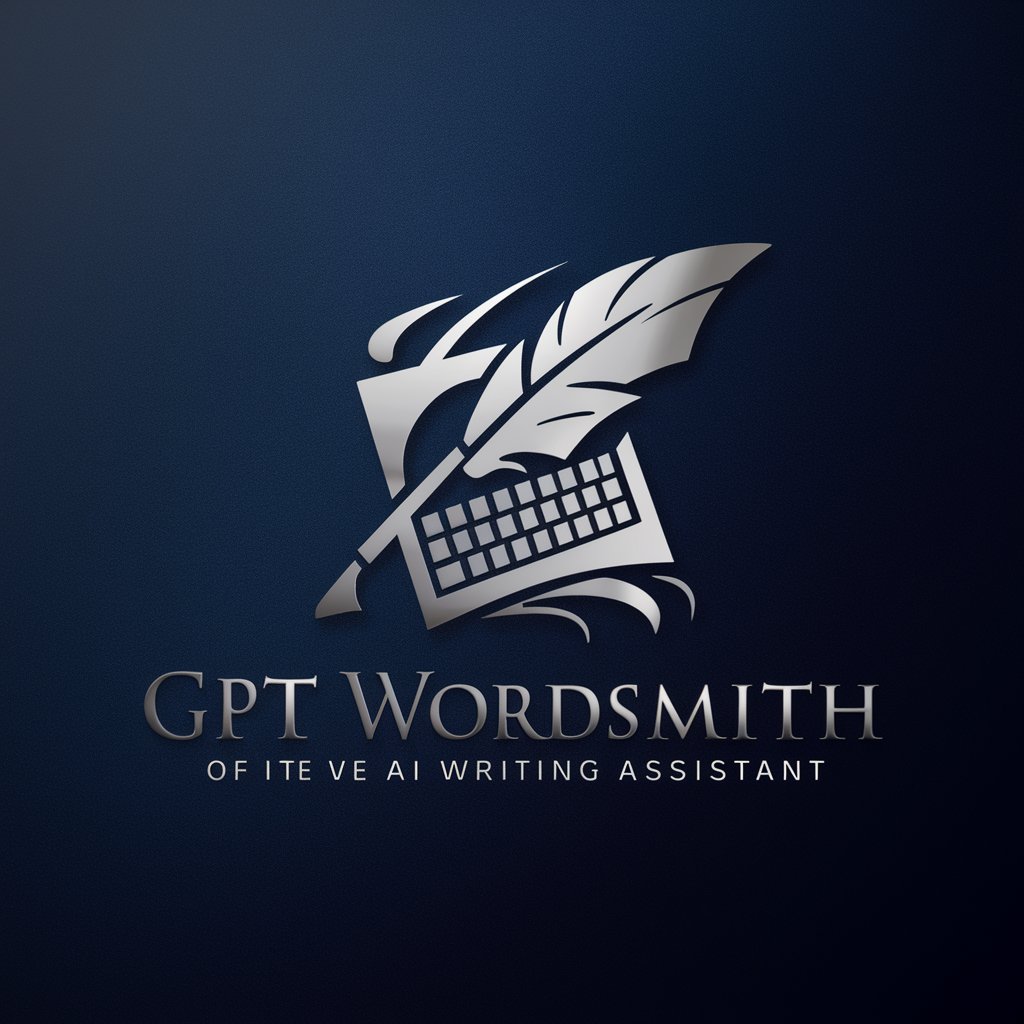
Essay Tips Creator
Craft Your Path to Top Business Schools
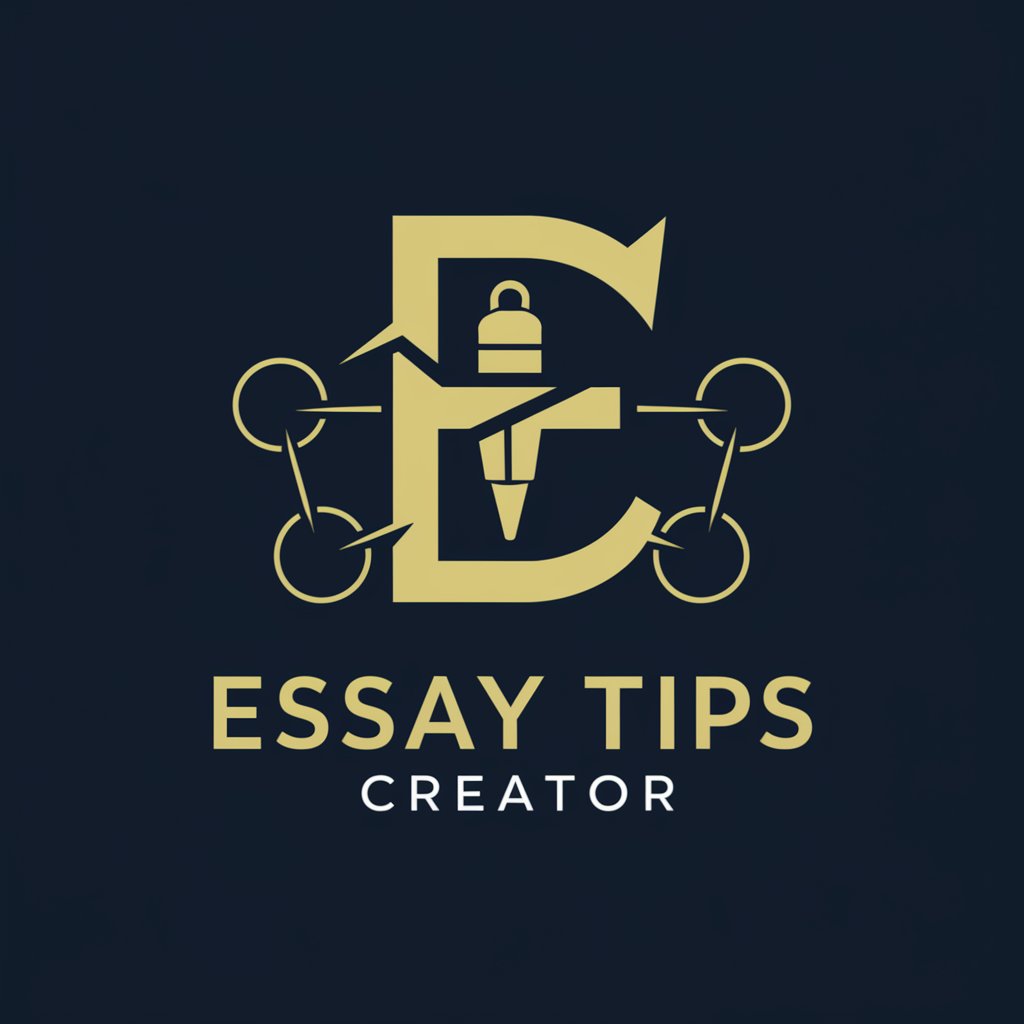
PPC Campaign Creator (V2)
AI-Powered Precision in PPC Advertising

Tech Genius OS
Empowering development with AI assistance
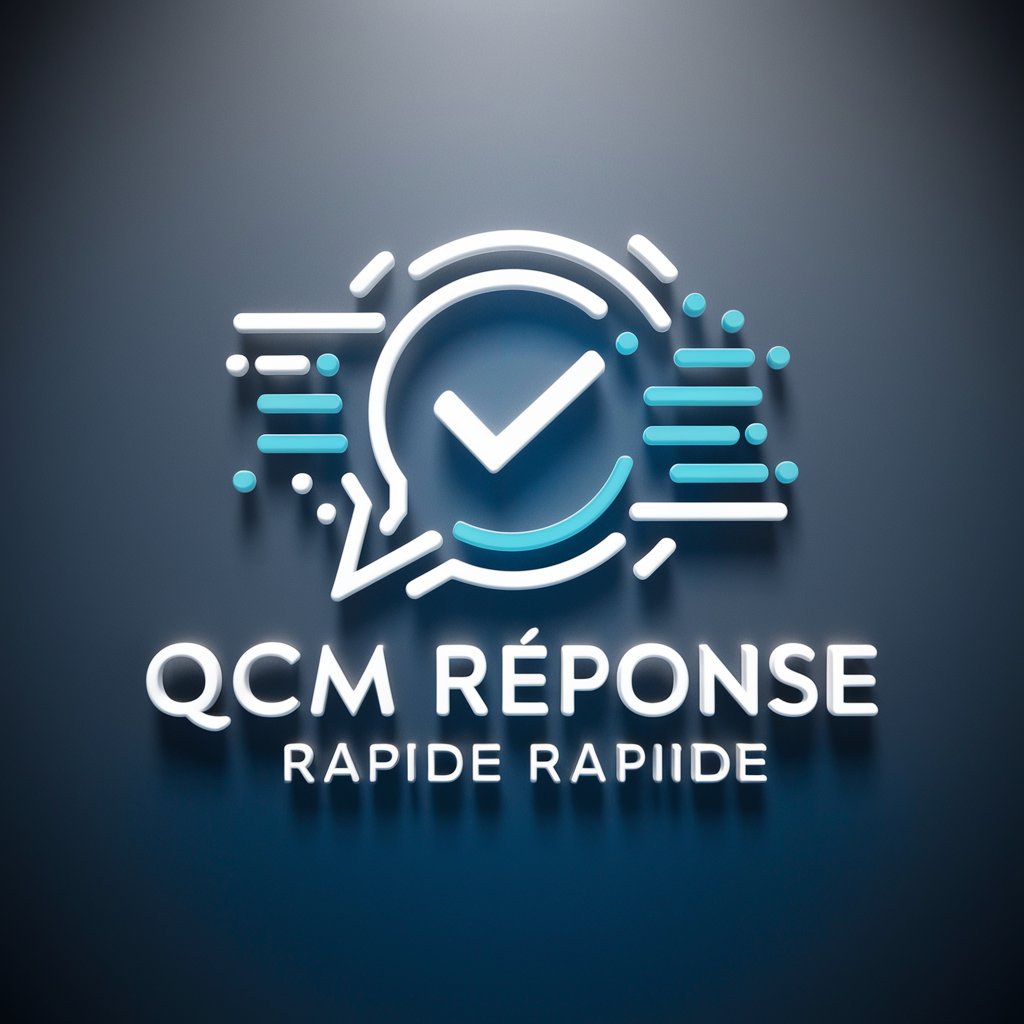
Major City List
Discover major cities nearby with AI
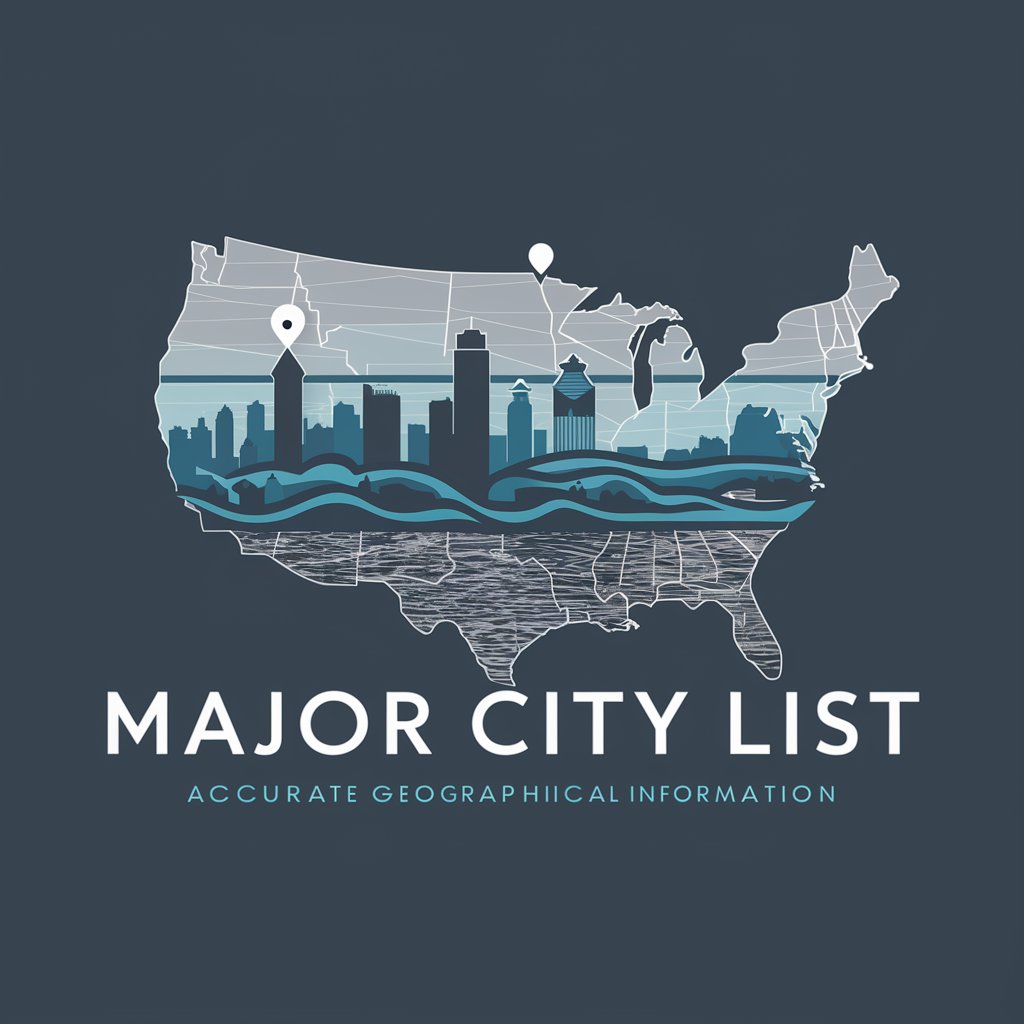
Frequently Asked Questions about Academic Writing and Research Expert
What types of academic writing tasks can the tool assist with?
The Academic Writing and Research Expert can assist with a wide range of tasks including literature reviews, thesis writing, data analysis interpretation, formulation of research questions, and structuring of academic papers.
How does the tool handle complex research topics?
The tool analyzes the input query for key concepts and provides detailed, research-based responses. It can break down complex topics into manageable parts and offer insights, citations, and methodology suggestions.
Can the tool help with citation and referencing?
Yes, it offers guidance on proper citation practices, reference management, and adhering to specific citation styles, ensuring academic integrity and precision in your writing.
Is the tool suitable for all academic disciplines?
Yes, it's designed to support a broad spectrum of academic fields by providing specialized knowledge, terminology, and writing conventions relevant to each discipline.
How can users ensure they get the most accurate and relevant information?
Users should provide clear, detailed queries and specify their academic discipline or specific writing requirements. Engaging in an iterative process of refining queries based on the tool's feedback will yield the most accurate and relevant information.
